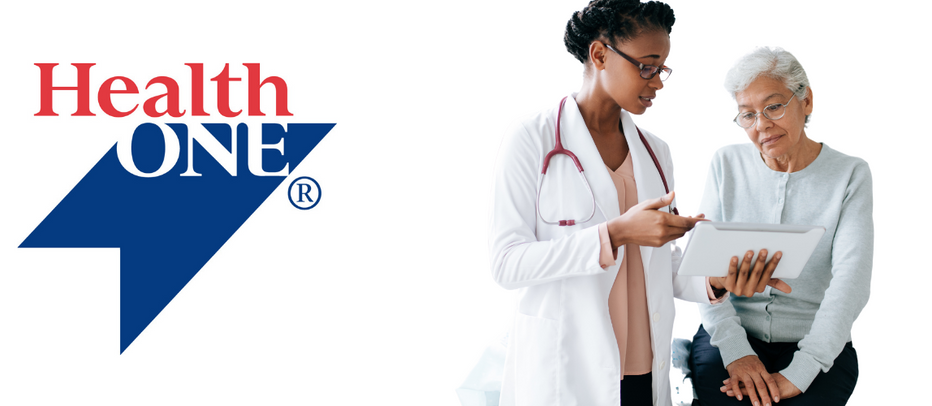Colorectal Cancer Awareness Month: When should you start screening?

Colorectal cancer has gone through a rebranding campaign over the past few years. Awareness efforts include Colorectal Cancer Awareness Month, in March, and communication to young and older adults all year long.
The Sarah Cannon Cancer Institute at HealthONE is here to help you with screening guidelines and to make an appointment. While these conditions were once considered problems for older people, awareness of the risk for colorectal cancer in younger people is growing.
When and how often to get screened for colorectal cancer?
According to current medical guidance, the latest age when a person should start screening for colorectal cancer through stool-based testing or visual exams is 45 years old. The Sarah Cannon Cancer Institute at HealthONE, recommends consulting your physician if you are 45 or older to determine the right screening test for you. Evidence-based options may include a colonoscopy at 10-year intervals, a fecal immunohistochemistry test (FIT) annually, or a FIT-DNA test (also known as the stool DNA test) every one to three years.

If you have close family members who have been diagnosed with colorectal or adenomatous polyps at an early age, you may need to have regular colonoscopies starting either at age 40 or when you are 10 years younger than your relative was when they were diagnosed. For example, if your parent had polyps detected at 45, your screening age might be 35.
However, these recommendations can be complicated and may vary widely based on your situation. Check with your primary care doctor to determine what would be best for you so you can get timely and medically appropriate screenings as well as any genetic testing you might need to watch for colorectal and other cancers.
Prevention guidance to keep in mind
Many cancers are associated with lifestyles and behaviors like diet and exercise, but the links between unhealthy habits and colorectal cancer specifically are quite strong. In fact, one theory about why the incidence of colorectal cancer is up among young people is lifestyle-related: American diets and fitness levels have increasingly become unhealthy over the past several decades.
Because your risk for colorectal cancer goes up with age, you can help create cancer-prevention habits early with a few simple changes, such as eating a balanced diet, getting more physical activity and quitting smoking if you are a smoker.
These tips may not eliminate your risk, but they could help lower it, and someday, that could make all the difference.
Click here for more information on colorectal and other cancer screenings with the Sarah Cannon Cancer Institute at HealthONE.
Have cancer questions? Call askSARAH at 303-253-3225 and to speak to a nurse available 24/7.

Share this article:
Other Articles
